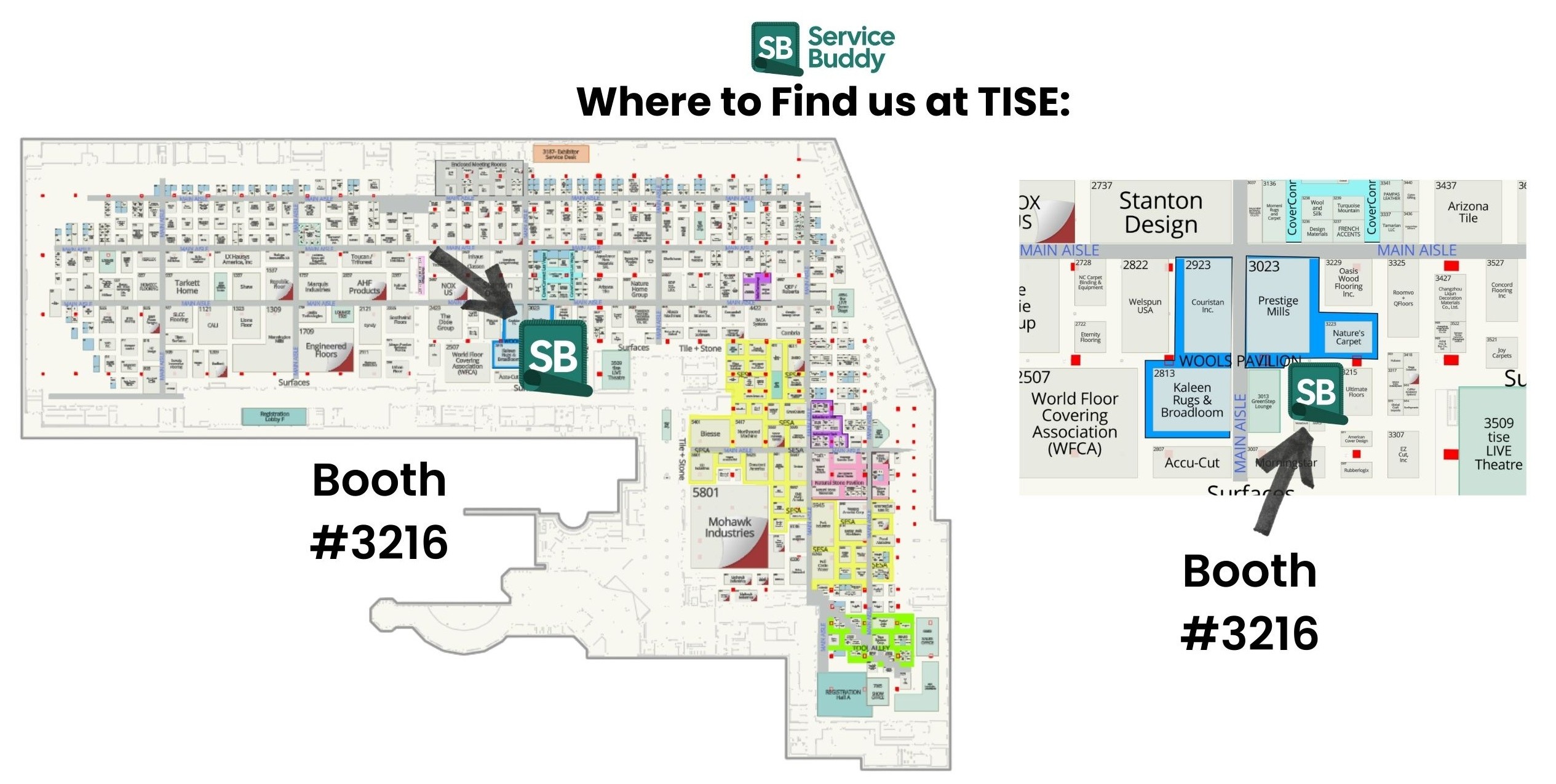Flooring Blog
The biggest mistake a flooring business can make is to run like it’s still the 1990s.
Subscribe to our Newsletter
Latest Blogs
See Service Buddy in action with a live demo
Everything you need to run your flooring business, Service Buddy is your all-in-one management platform.
Schedule a Demo


.jpg)

.jpg)
.jpg)



.jpg)
.jpg)
